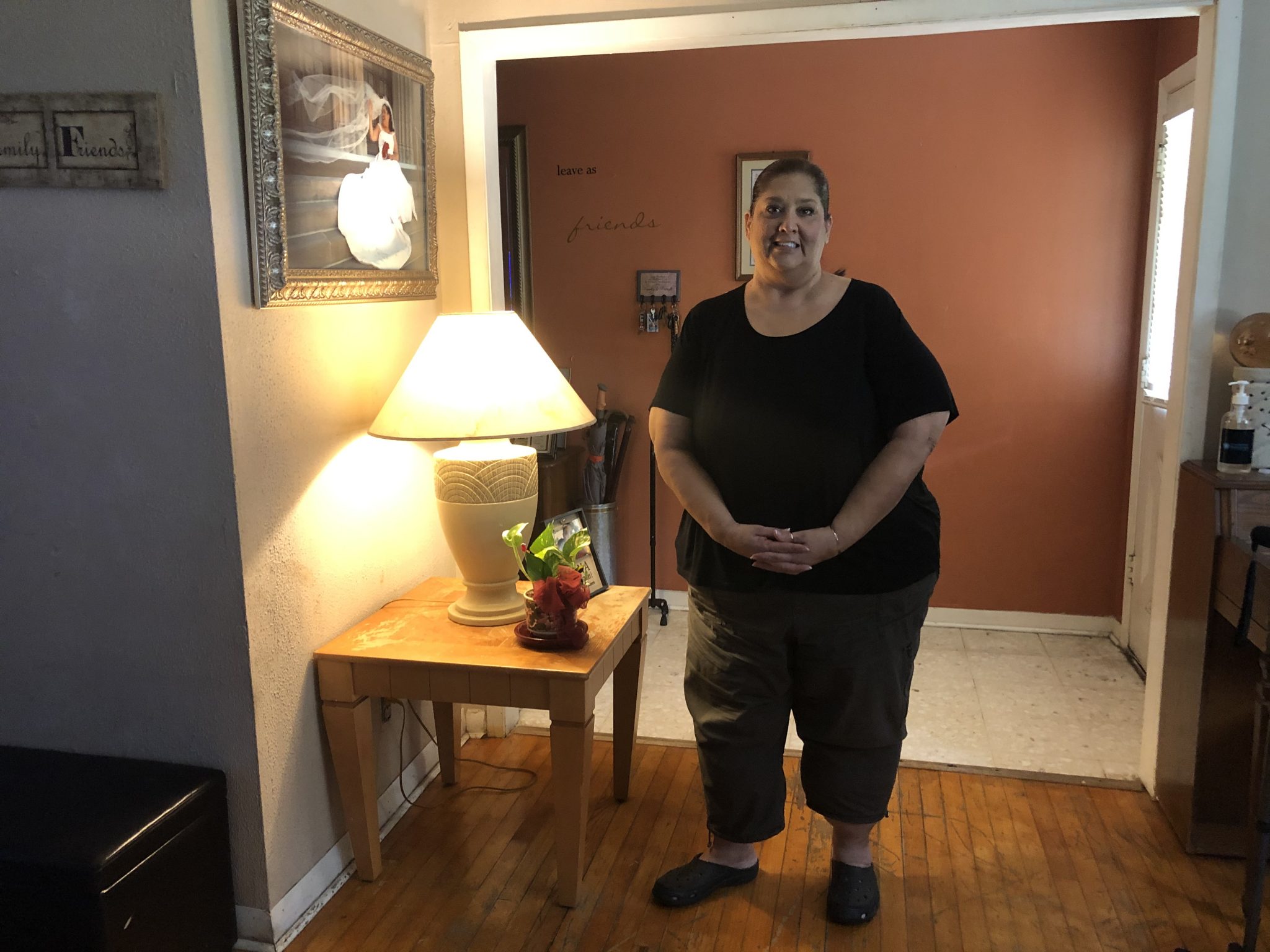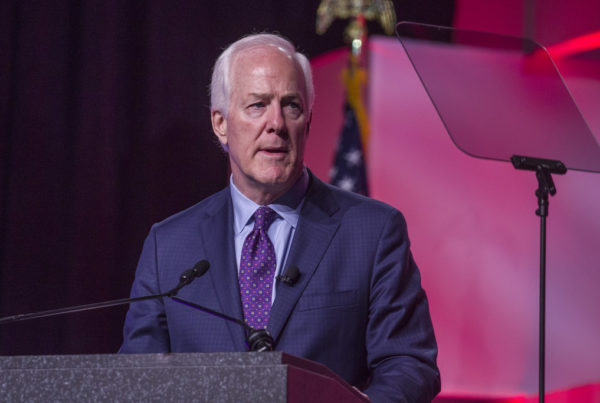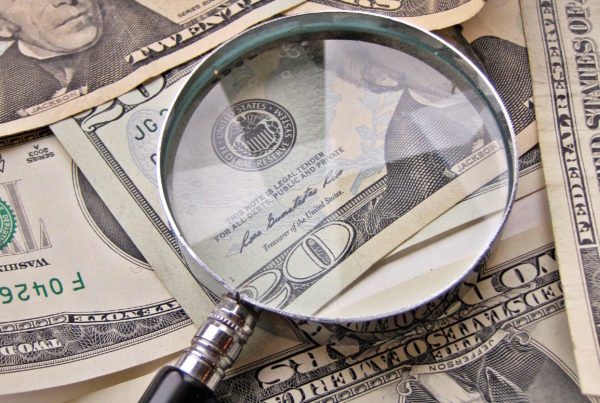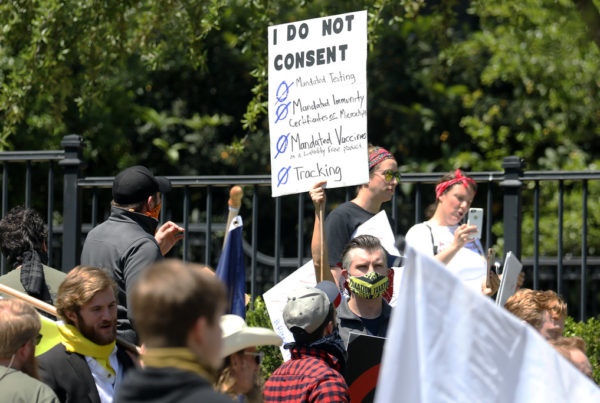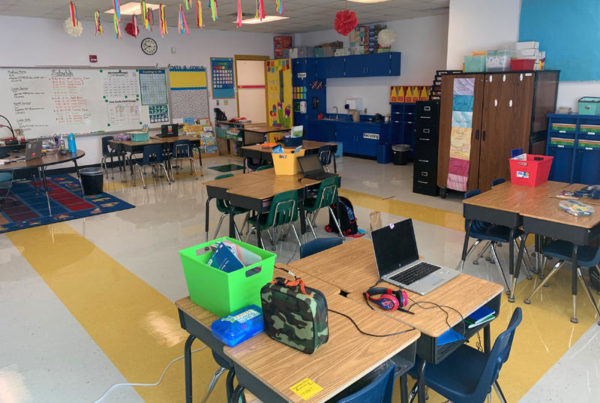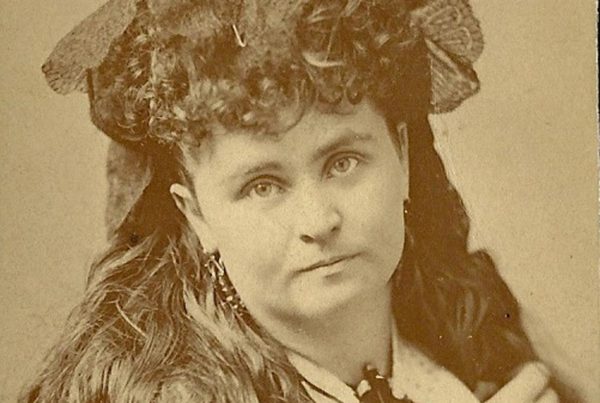From Houston Public Media:
Everyday, Veronica Barrientez logs her vitals into a telehealth app on her phone. She started this ritual in early August, after she was hospitalized at Memorial Hermann due to COVID-19. She is in much better health now, but still recovering.
“I’m off of oxygen,” said Barrientez. “I still use a walker because I’m not 100% as far as strength goes, but I’m getting better every day.”
During the worst of her symptoms, Barrientez lay on the couch overwhelmed by fatigue and coughing for days. She was getting sicker by the day, so she decided to call for an ambulance, but didn’t end up going to the hospital until the third call because EMTs advised against it: “He goes, ‘if we send you to the hospital, they’re just going to send you home, I would just rest, take some mucinex, drink a lot of fluids,'” said Barrientez.
On the third call, Barrientez said she couldn’t breathe from coughing so much, and insisted on going to the hospital.
She later found out that she had pneumonia and two blood clots.
“I absolutely believe if [the ambulance] would have taken me in, I would probably not have had the blood clots,” said Barrientez. “Now I’m on blood thinners for three months because of that.”
Barrientez is one of many who received delayed medical care this year.
A report released by NPR and Harvard’s T.H. Chan School of Public Health Wednesday shows that one in four Houston households surveyed were unable to get medical care or received delayed care for a serious problem during the coronavirus pandemic.
About 500 people were polled from each the four biggest cities in the country — New York, Los Angeles, Chicago and Houston — in the month of July.
Overwhelmingly, Houstonians said that delayed medical care had negative consequences on their health.
Many of these health care delays were not for COVID-19 cases, but rather elective procedures. A statewide order in late June postponed some elective surgeries as coronavirus patients across the state were filling up hospitals.
The NPR survey found that 30% of Houston households had a serious problem affording medical care, twice the rate of households in the three other cities. This is likely due to Houston’s large uninsured population. New York, Illinois and California have all adopted Medicaid expansion.
Now Barrientez is trying not to think about the bill that’s going to come. With her insurance, a hospital stay means a $950 copay, but she knows this hospital is out of network.
“If I get a big bill from the hospital, it’s gonna be one of those ‘it’s gonna take me the rest of my life to pay’ (bills),” said Barrientez. “I’m gonna have to pay it, you know, a little at a time.”
Her job doesn’t offer insurance, but has been consistently understanding throughout the pandemic. She received paid time off when she was sick with COVID-19 and when the office closed for two months in the spring.
But this has not been the case for most in Houston. According to the report, 57% of Houston households have at least one person who has lost a job or business, has been furloughed or had hours reduced at their job. Houston lost nearly 190,000 jobs from July 2019 to July 2020.
Romel Tamez works at United Airlines, and said his hours have been cut back to part time since May.
“I’m mostly worried about paying rent and light. I’m barely scraping by,” Tamez told Houston Public Media reporter Jen Rice last week.
About 35% of Houstonians reported having serious problems affording basic expenses like rent, utilities and food. Tamez said he’s felt a real lack of financial stability in the past months.
“A lot of people are looking for second jobs that are probably also part time, so it’s not really doing much good and there’s not really that much work right now,” Tamez said.
For other Houstonians, the challenge to make ends meet is nothing new. Affording basic necessities has been an ongoing struggle for years.
For Pierre Laws, it got really bad when Hurricane Harvey forced him into homelessness.
“After Hurricane Harvey, I lost my car,” Laws said. “I lost everything and couldn’t get any help. I mean, I could get us a plate of food, but I was living in a tent under the bridge.”
He’s on food stamps, and finally got housing through a local nonprofit earlier this year, but he said the pandemic has made it hard to get back on his feet. And, he said, it’s stripped a lot of his agency, because of his underlying conditions: He uses a wheelchair, has a history of lung disease and is HIV positive.
“I’m scared to even go outside,” said Laws. “I’m scared to go anywhere.”
The pandemic has forced him to stop working because he knows that the only jobs available to him would require being on the front lines.
“I go back and forth between ‘should I try to get a job?,'” said Laws. “I can’t get a job working from home because I don’t have the internet. I don’t have the money for the internet.”
He says he recently pawned his computer for $30 — all of which he needs in order to go back to school. He wants to study accounting and get a job where he can work from home.
But for now, he’s weighing the limited options in his head over and over. Like so many in Houston during the pandemic, he’s trying to take it day by day.
“I don’t want to be like this forever,” said Laws. “I want to be able to come out of this just like anybody else would want. On top, not under.”


